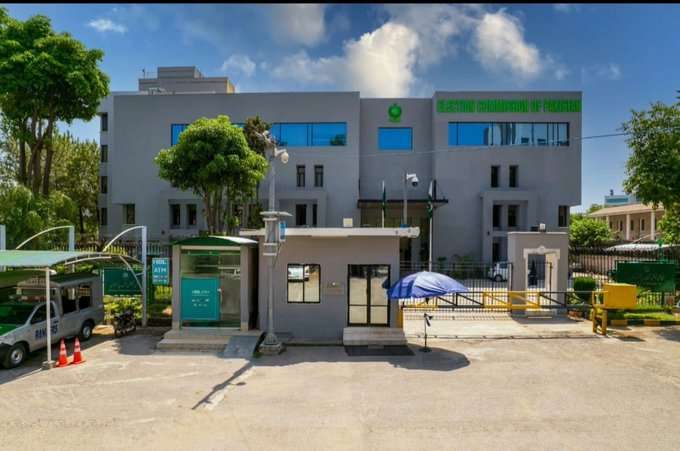
The Election Commission of Pakistan has for all intents and purposes confirmed a widely held conjecture: general elections won’t be held in the current year. This conclusion emerges as the primary insight from the ECP’s recent pronouncement on the timetable for new delimitations, in accordance with the recently sanctioned census by the Council of Common Interest. The revised boundaries of constituencies nationwide will be officially announced in December of this year, with the definitive publication date set for December 14. Consequently, the expected polling will undoubtedly experience a postponement beyond the stipulated timeframe of 90 days.

The predicted 4 month timeline for the complete delimitation process doesn’t come as a surprise. This outcome aligns precisely with the forecasts of politicians and analysts across the spectrum following the decision to conduct the upcoming general elections based on the new census, instead of relying on the 2017 census. Presently, the ECP has abstained from specifying an exact date for the elections.

Amid the ECP’s unveiling of the delimitation schedule and the ensuing certainty of a postponement, divergent opinions have surfaced concerning the timing of the elections. A contingent of analysts posits that, with the ECP’s indication of December for the final publication, February 2024 appears a likely timeframe for the elections. This reasoning finds support in the notion that these elections should ideally precede the Senate elections scheduled for March 2024, ensuring a definitive mandate for the incoming government. In this perspective, the scope of the IMF program plays a role, suggesting that a newly formed government should reevaluate its approach with the IMF.

Contrariwise, another faction of experts expresses apprehension about the outcome of a delayed election scenario. Skepticism and doubt are reasonable, given that if these projected dates hold true, the caretaker administrations in Punjab and Khyber Pakhtunkhwa would complete a year by January 2024. Some argue that this very concern prompted the Supreme Court Bar Association (SCBA) to submit a petition in the Supreme Court. The petition seeks the court’s intervention in urging the ECP to announce election dates for the national and provincial assemblies in accordance with Article 224(2) of the constitution. The SCBA also seeks a suspension of the CCI’s resolution to synchronize elections with the new census.

Given the precedent established by events in Punjab and KP, numerous individuals yearn for a commitment to on-time elections rather than proceeding with the new census-based schedule. However, prevailing indications suggest that elections will indeed occur in line with the new census, accompanied by the lingering risk that, once postponed, they could be deferred for another year. This possibility echoes the persistent rumors surrounding a ‘Bangladesh Model,’ a concept that has captured the imagination of many within the state for years. This model envisions an elongated technocratic caretaker administration. The ECP’s current timetable seemingly amplifies the rationale for conducting elections before March 2024. Assertions from figures like Raja Riaz and Rana Sanaullah, who also predict February as the election month, underline the imprudence of perpetuating political uncertainty beyond a few additional months.

